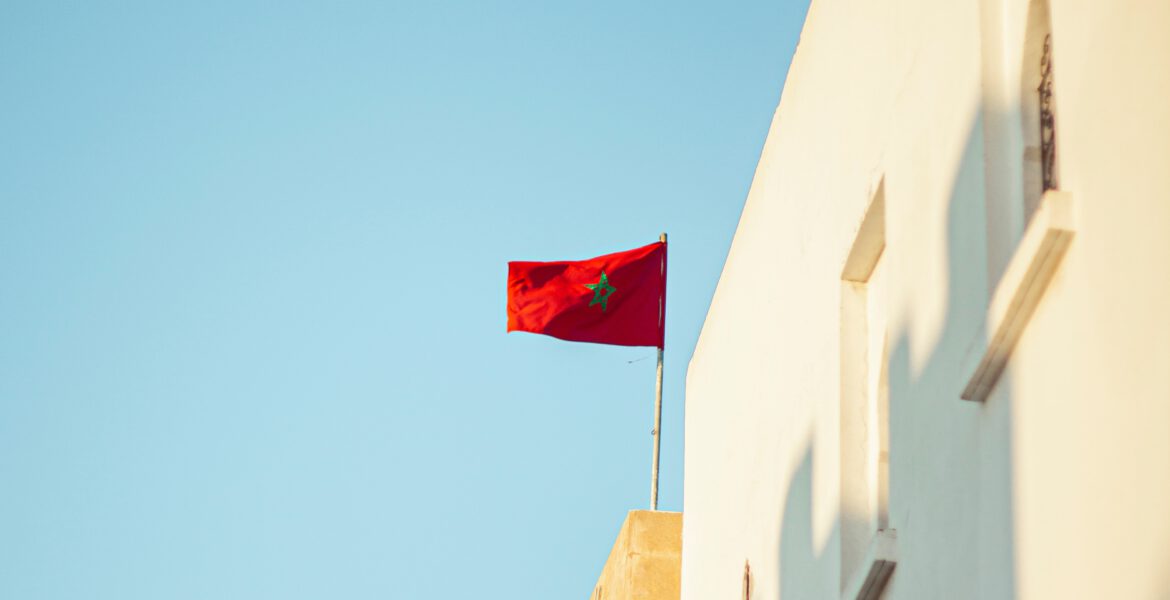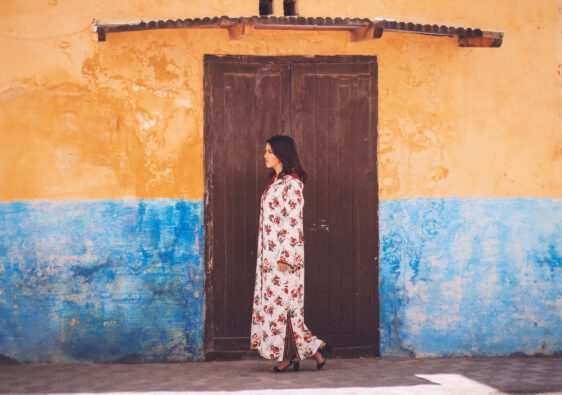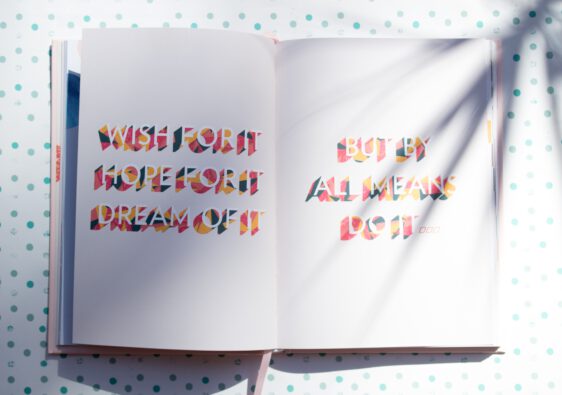As the amber hues of autumn give way to the crisp winds of November, a particular sense of pride swells in the hearts of Moroccans both at home and abroad. For Moroccan parents nurturing the tender roots of their heritage in foreign soils, November is not just a month—it’s a narrative of freedom, a legacy etched in the annals of history.
The journey of Morocco’s independence is a reflection of its people’s resistance, diplomacy, and an unwavering quest for sovereignty. It’s a tale that begins long before the actual declaration of freedom on November 18, 1956. It’s a story that is crucial for our children to hear, understand, and carry forward.
The narrative is incomplete without the mention of Sultan Mohammed V, the emblematic figure who became the face of Morocco’s struggle against colonial rule. His exile by the French in 1953 sparked a flame that would not be doused, igniting widespread nationalist protests. It was a move that intended to break the spirit of Moroccan resistance but instead, solidified it.
Morocco’s fight was not marked by violent rebellion alone; it was characterized by the power of unity and the strategy of diplomatic negotiation. The return of Sultan Mohammed V in 1955 was a pivotal turn on the road to independence. It was a homecoming that heralded the birth of a nation free from the shackles of protectorate status imposed by France and Spain.
As parents raising the next generation of Moroccans in a world far from the echoing calls of the Maghreb, it’s our duty to impart the significance of this history. Our children must know of the Istiqlal Party, the vanguards of the independence movement, and the leaders like Allal El Fassi who played a vital role in shaping the national consciousness.
We must speak of the resilience woven into our cultural fabric, the peaceful demonstrations, and the negotiations that displayed Morocco’s preference for diplomacy over discord. The story of independence is also one of cultural preservation, of holding onto our identity amidst the push to assimilate into a foreign dominion.
It’s crucial for our children to understand that the independence of Morocco was not merely the end of a political struggle; it was the reaffirmation of our values, culture, and the Moroccan way of life. It was the beginning of a journey to build a nation grounded in the principles of freedom, equality, and justice.
In recounting the tales of our forebearers’ courage, we do more than just teach history; we instill pride and a sense of identity. We empower our young ones to carry the torch of our heritage with the knowledge that their ancestors were architects of their destiny.
As we gather around our dinner tables, far from the land where the Atlas Mountains stand tall, let the stories of our past spark conversations. Let the lessons of perseverance, unity, and integrity guide our children in their lives, as they navigate the complexities of growing up with a rich heritage in a diverse world.
This November, as we celebrate independence, let’s pass on more than just stories. Let’s pass on a legacy of strength and hope, reminding our children that no matter where they are, they carry the spirit of Morocco within them—unyielding, proud, and free.






